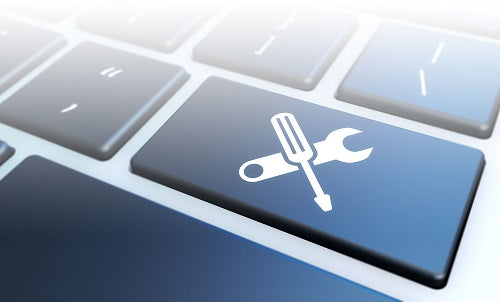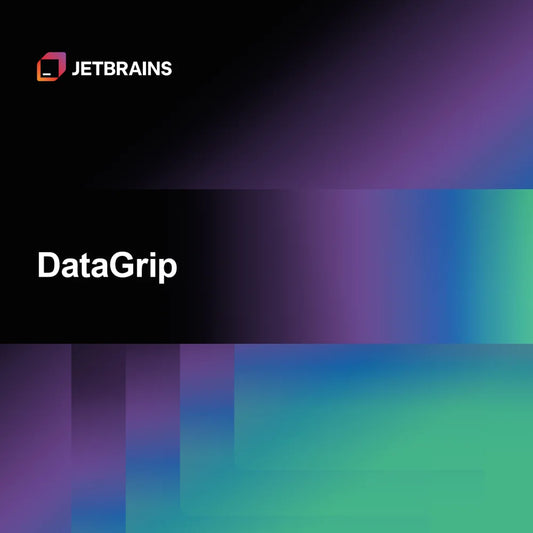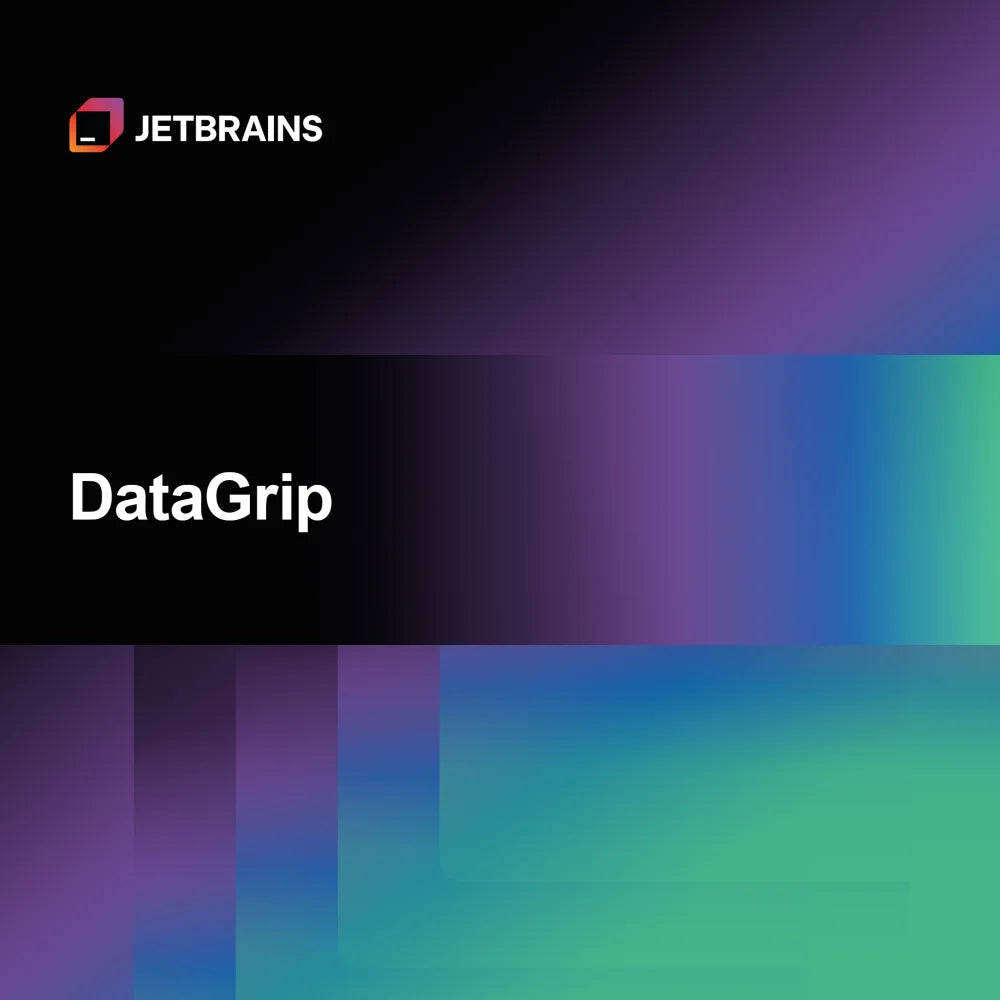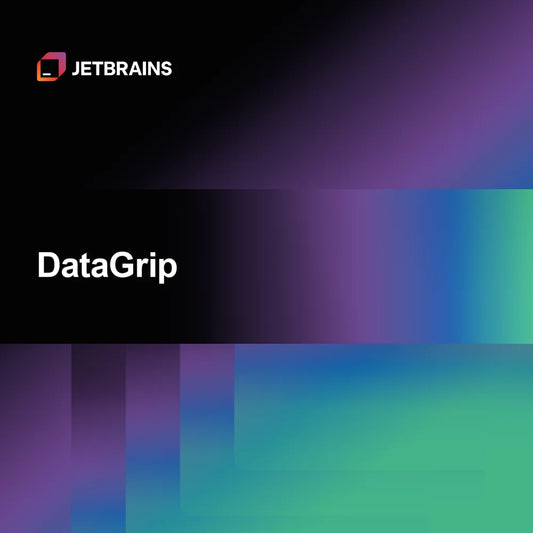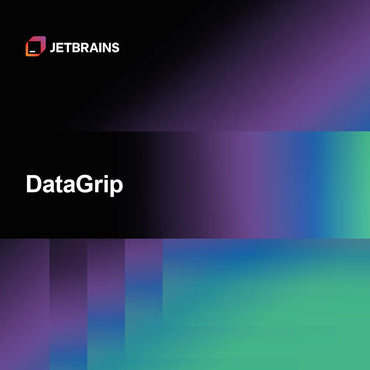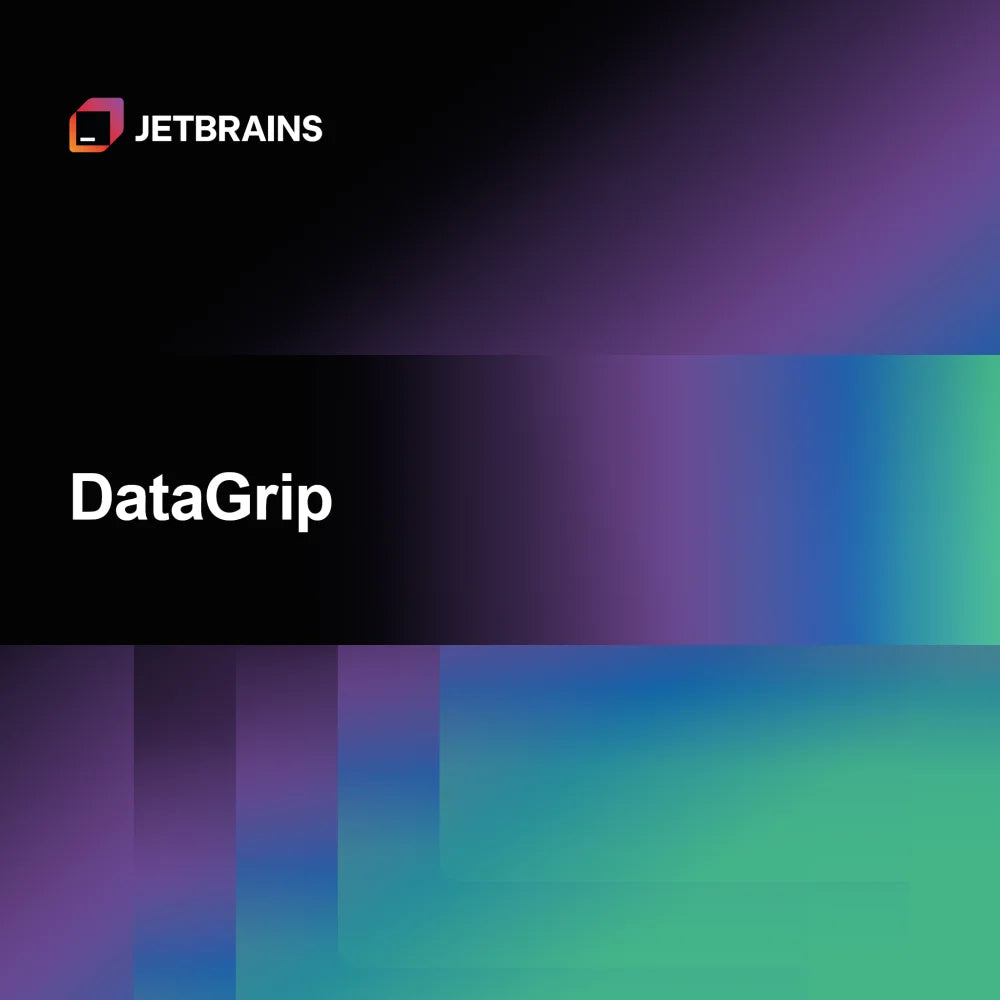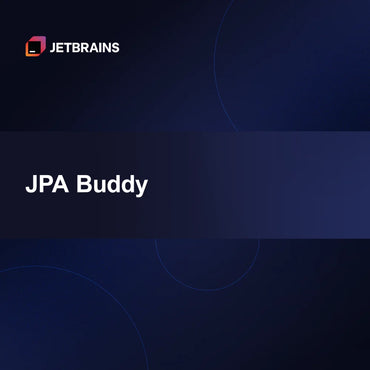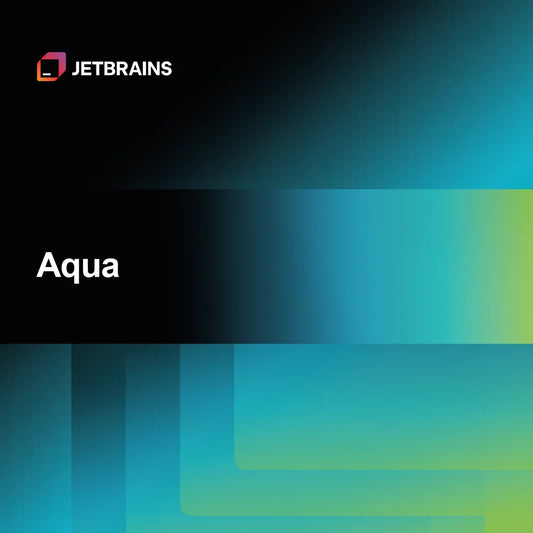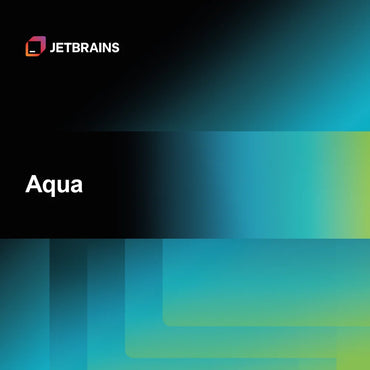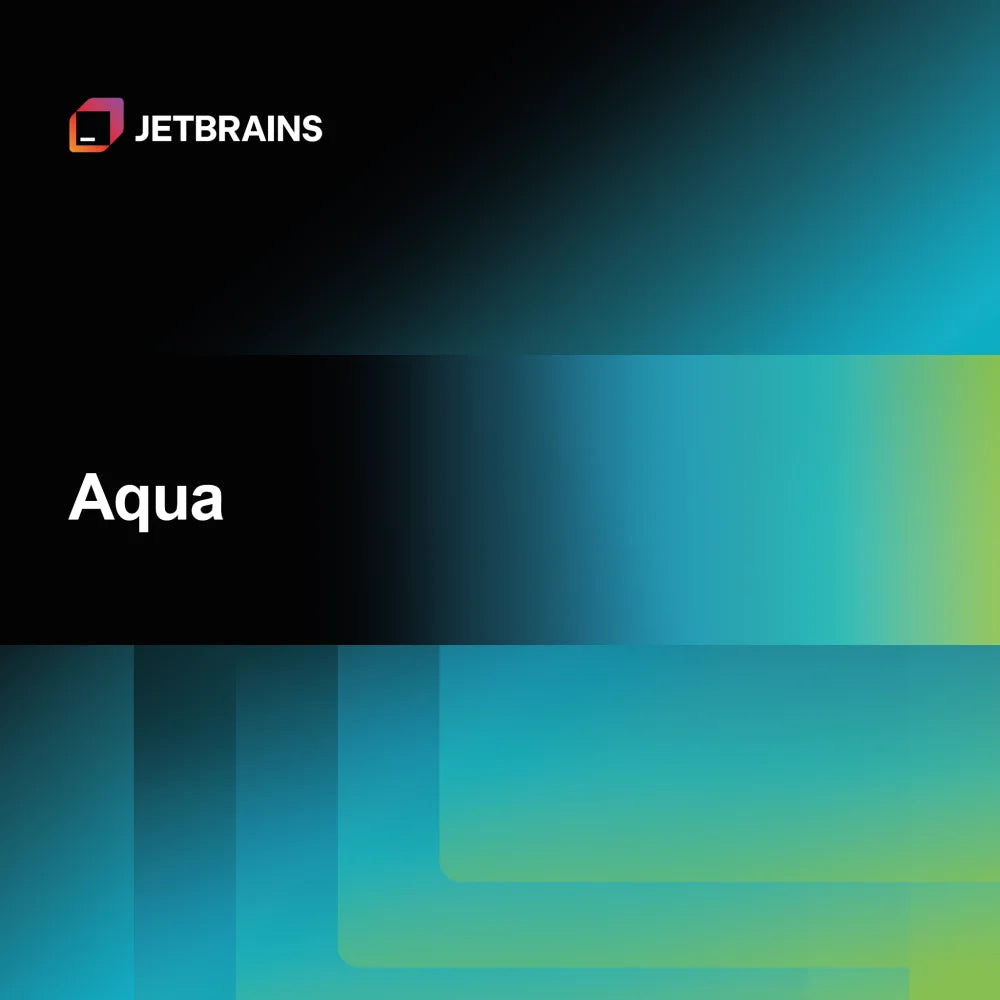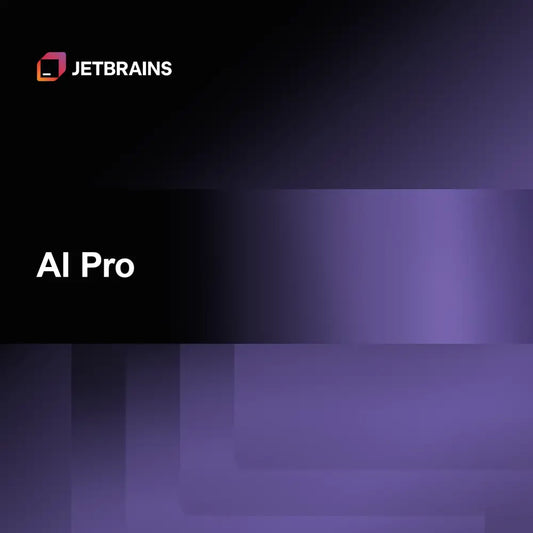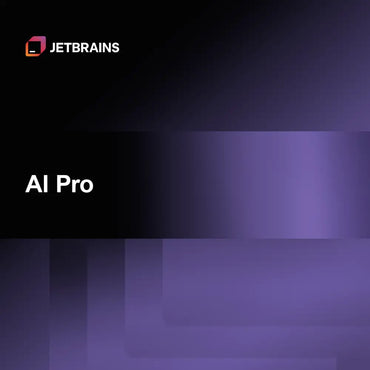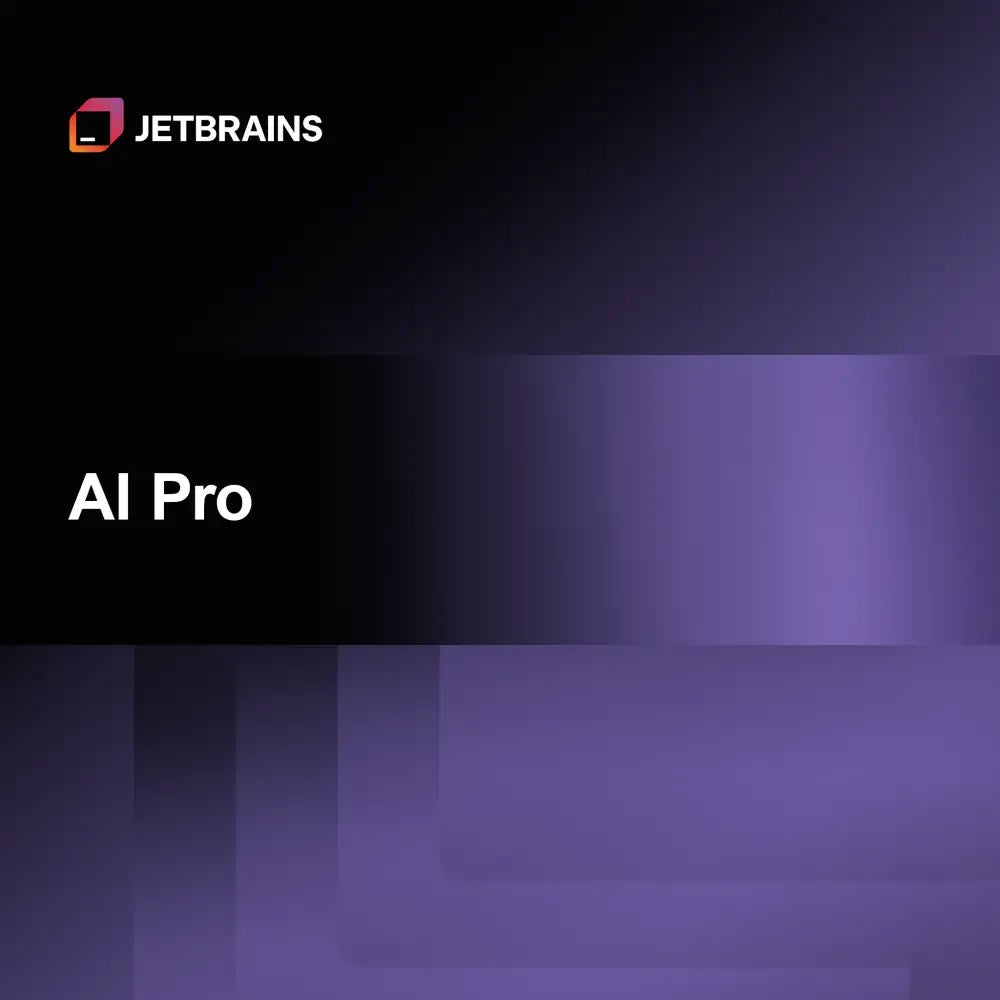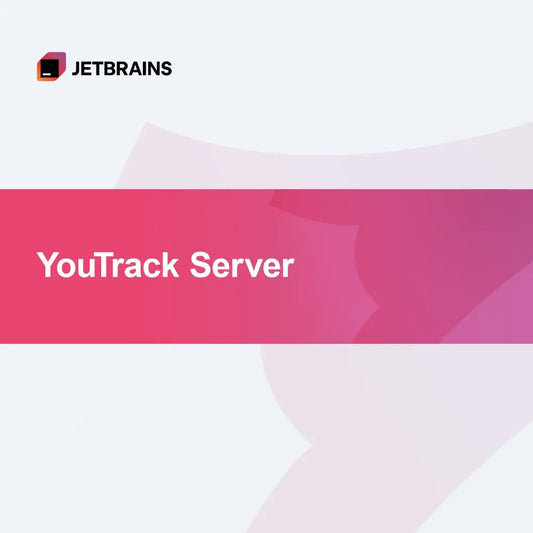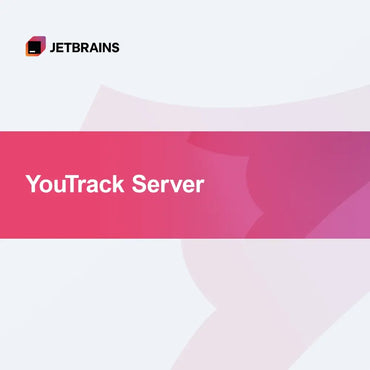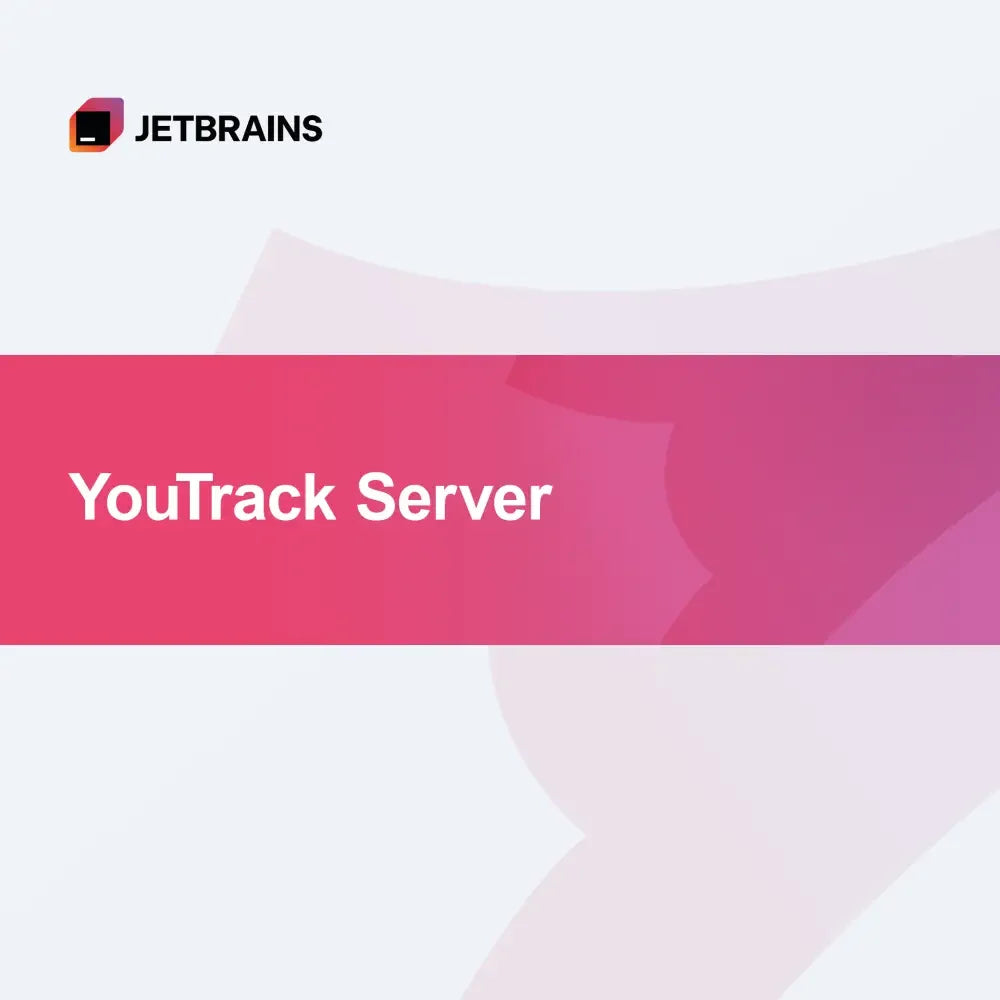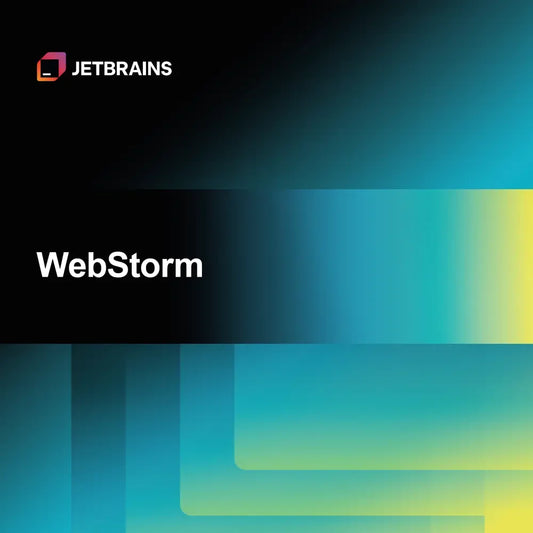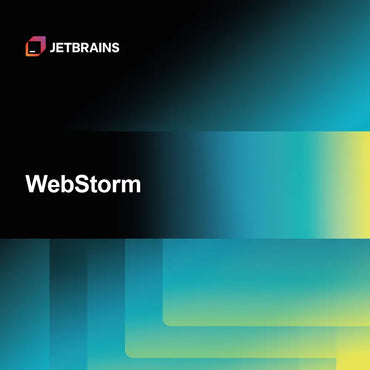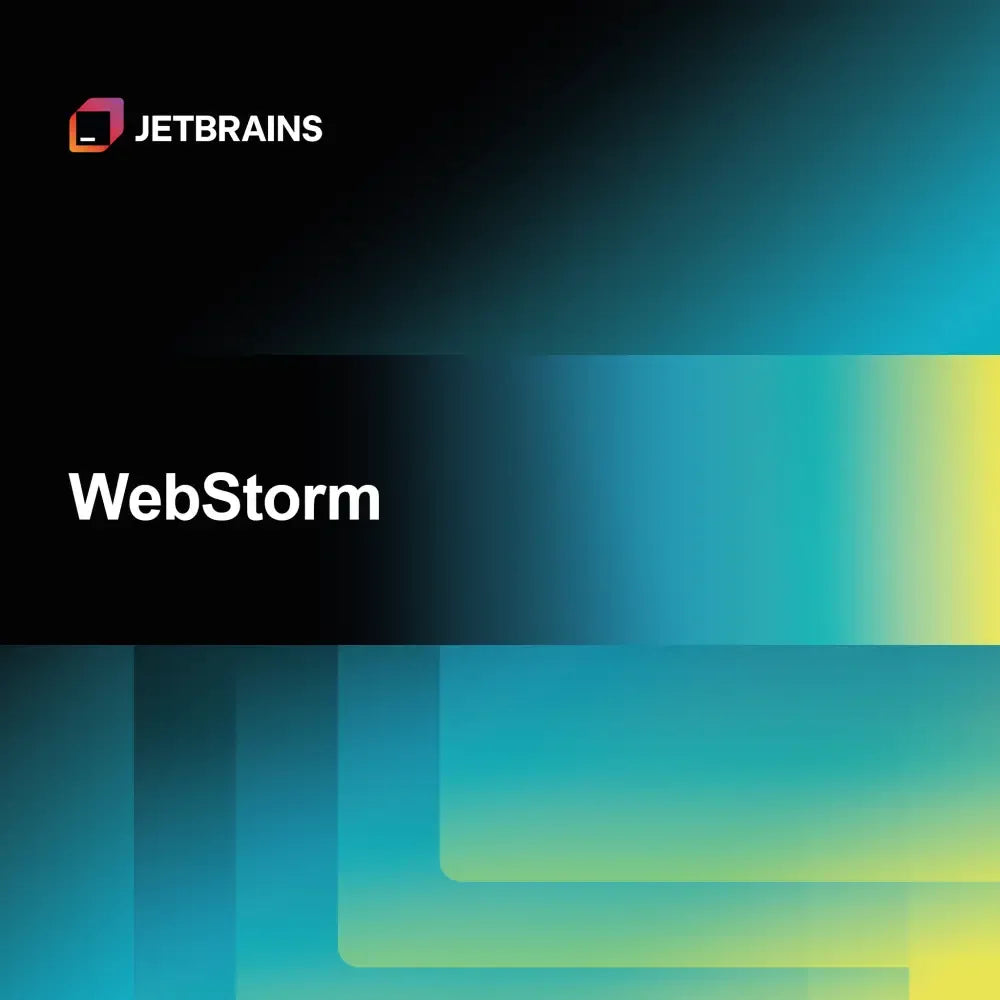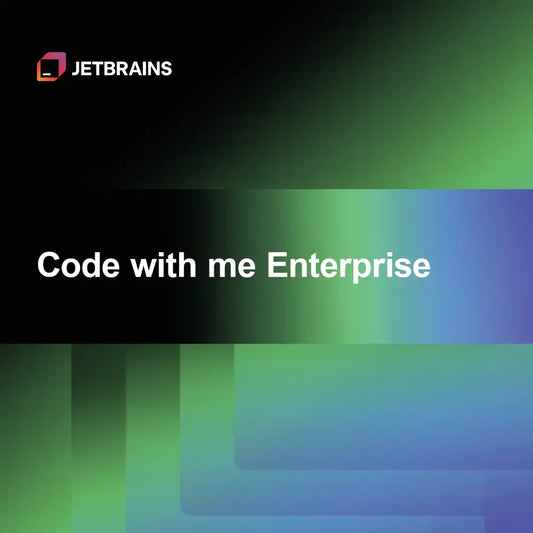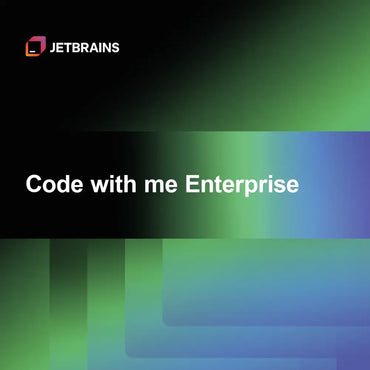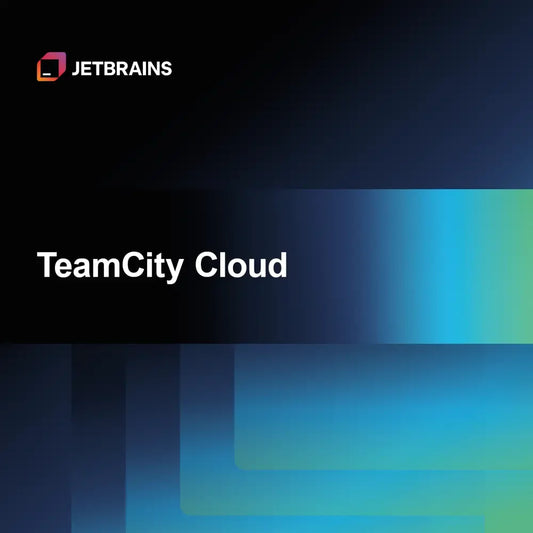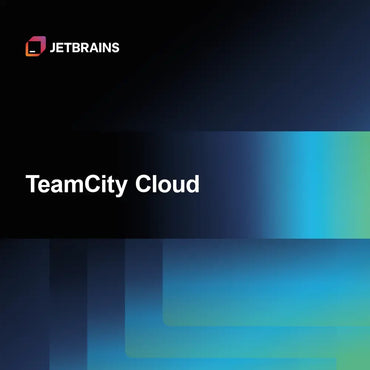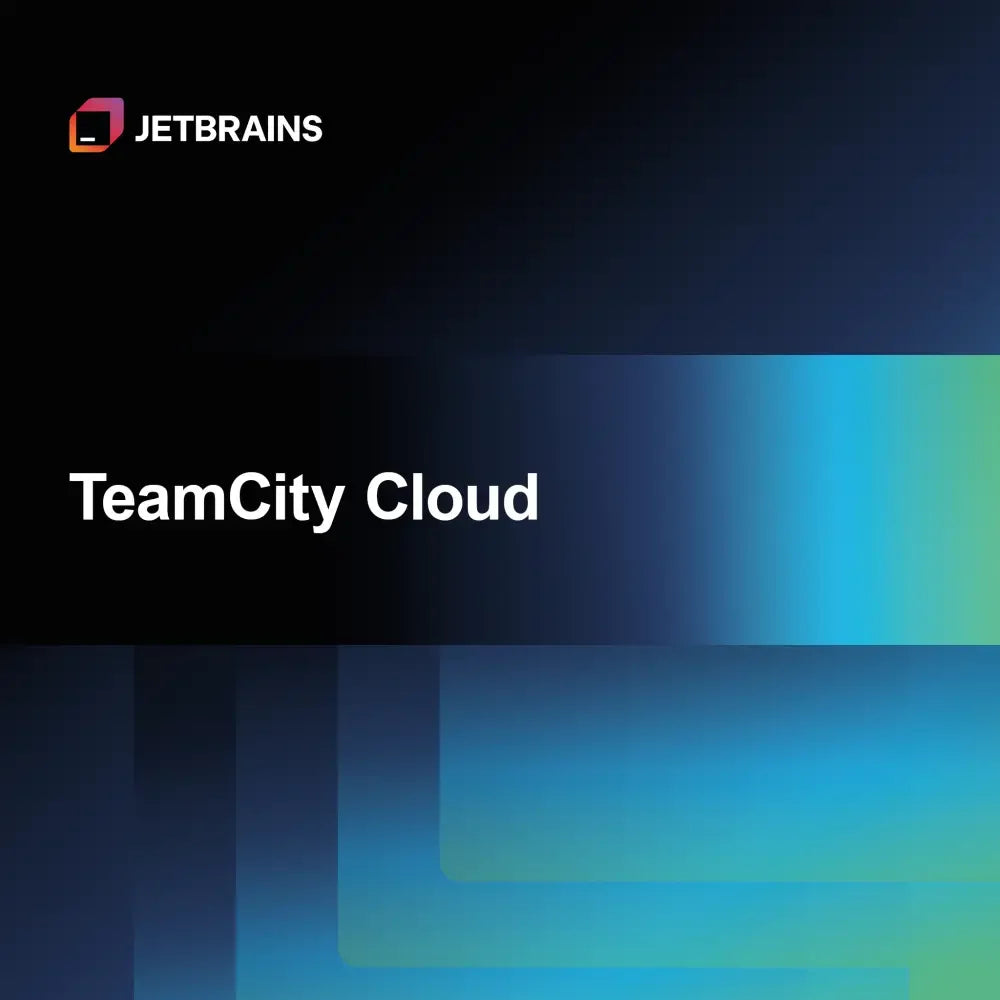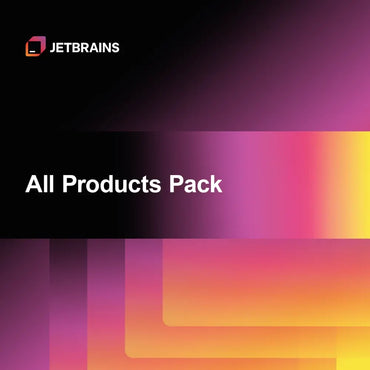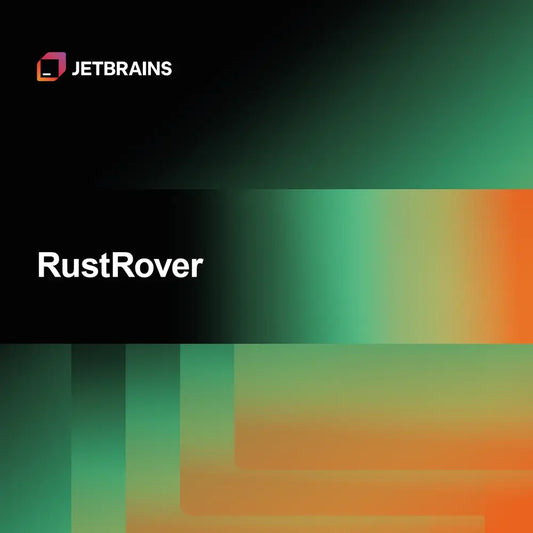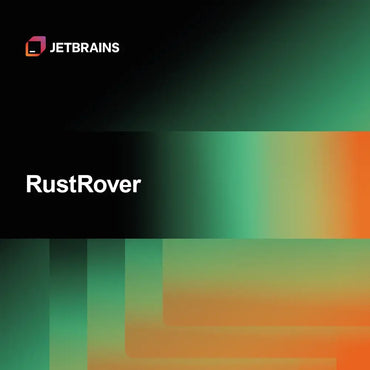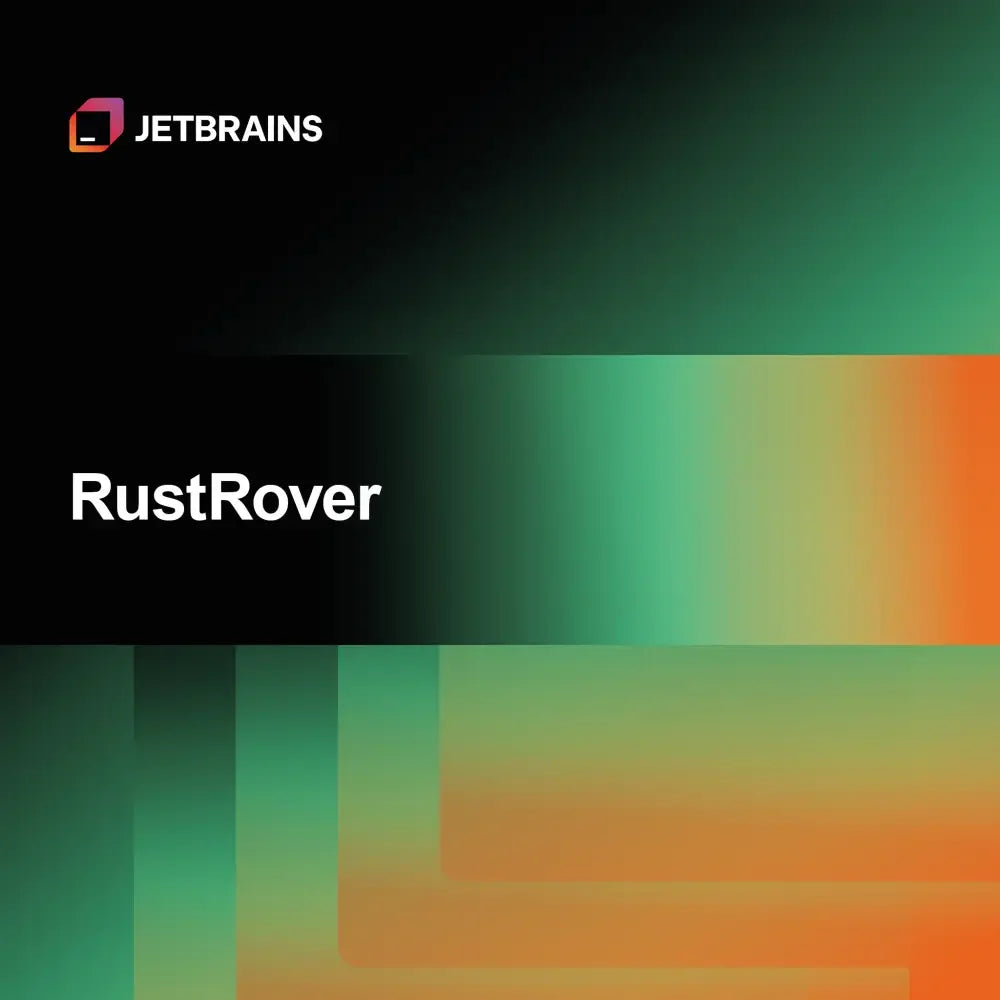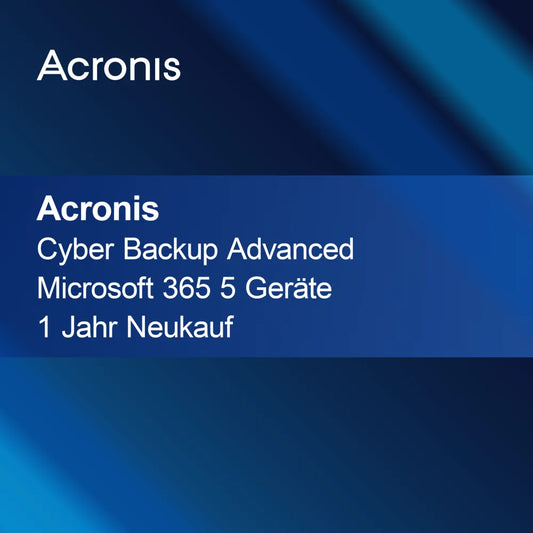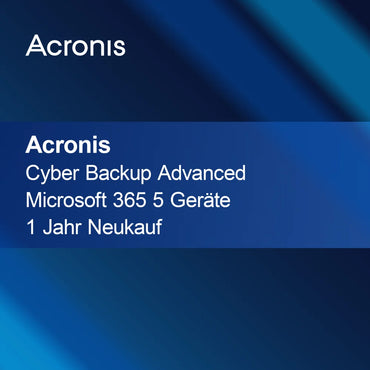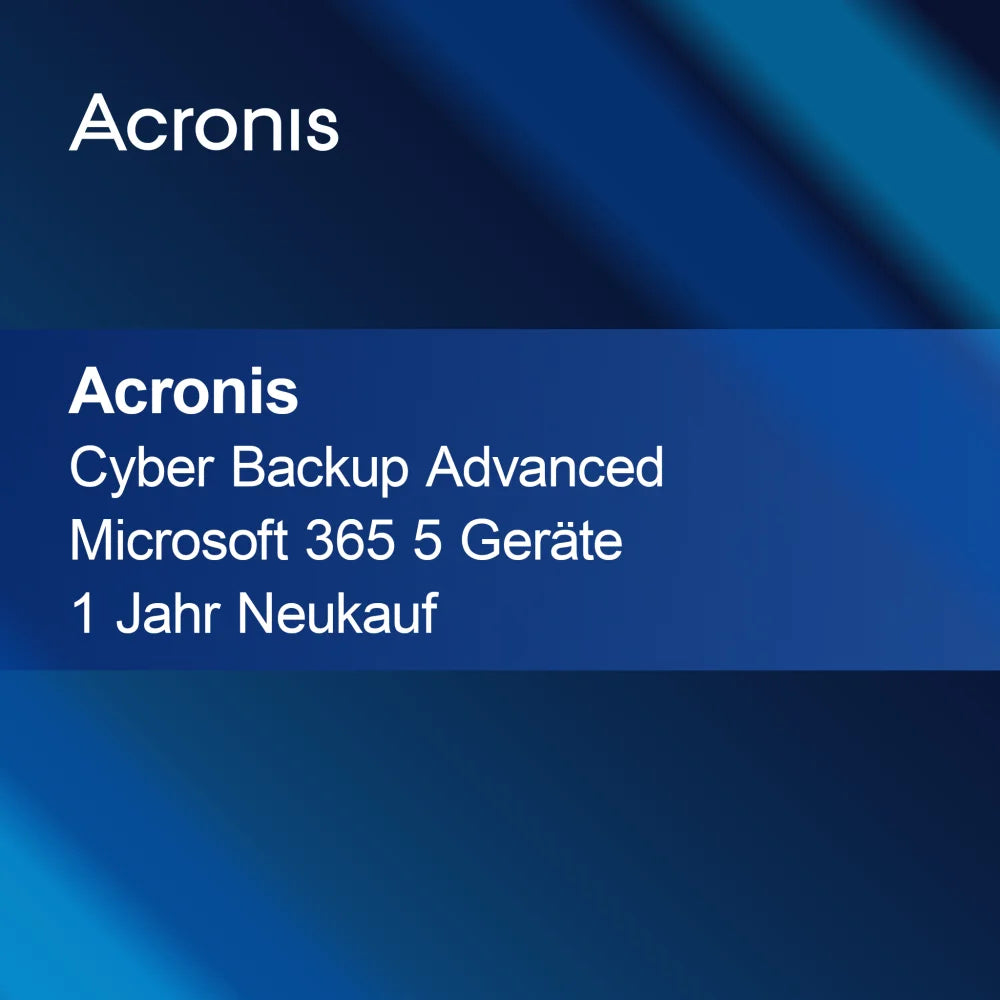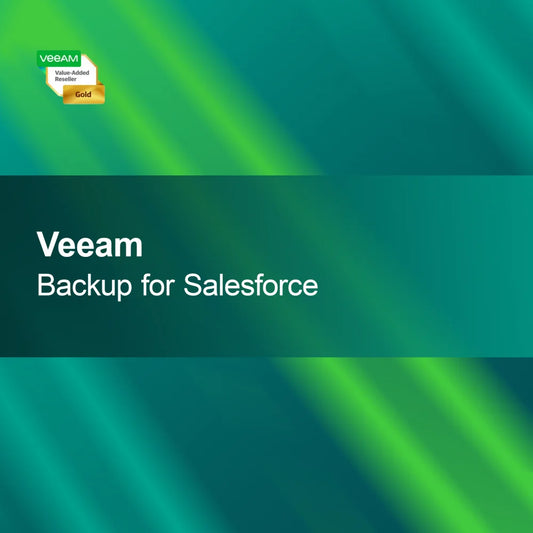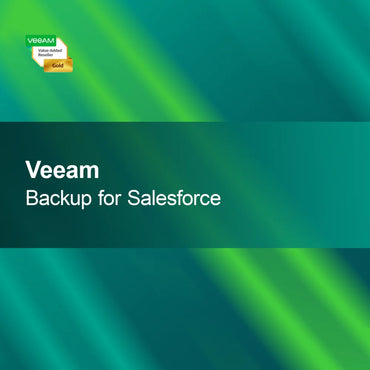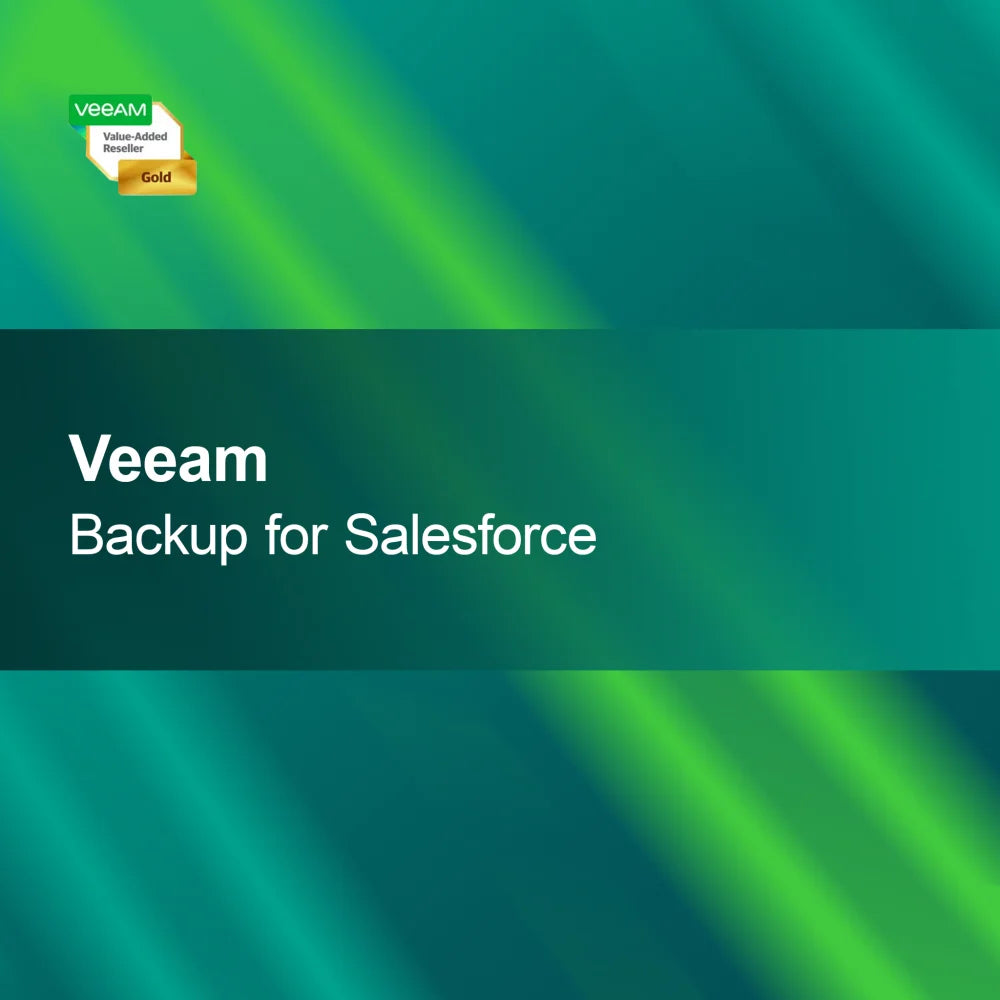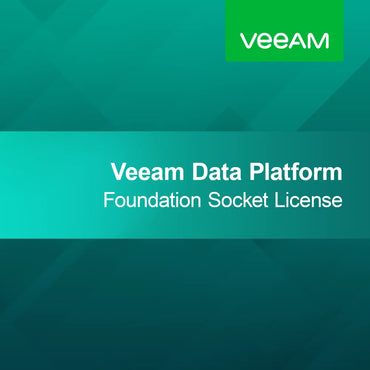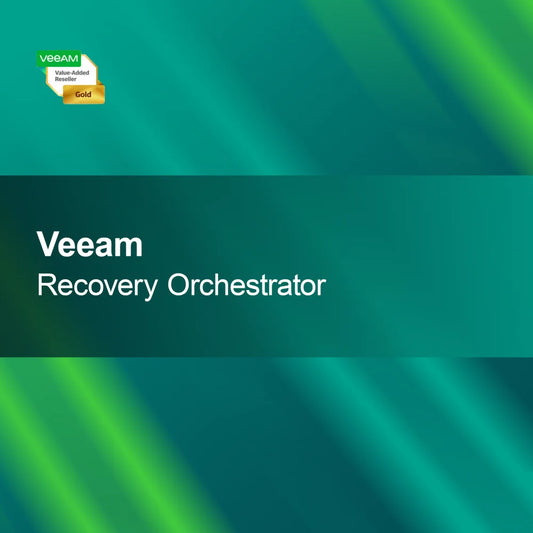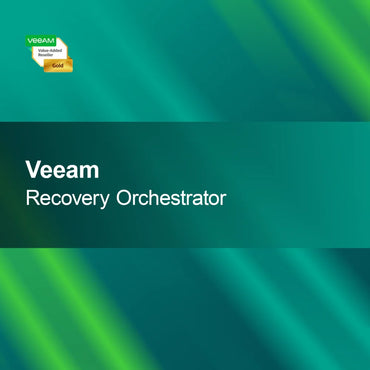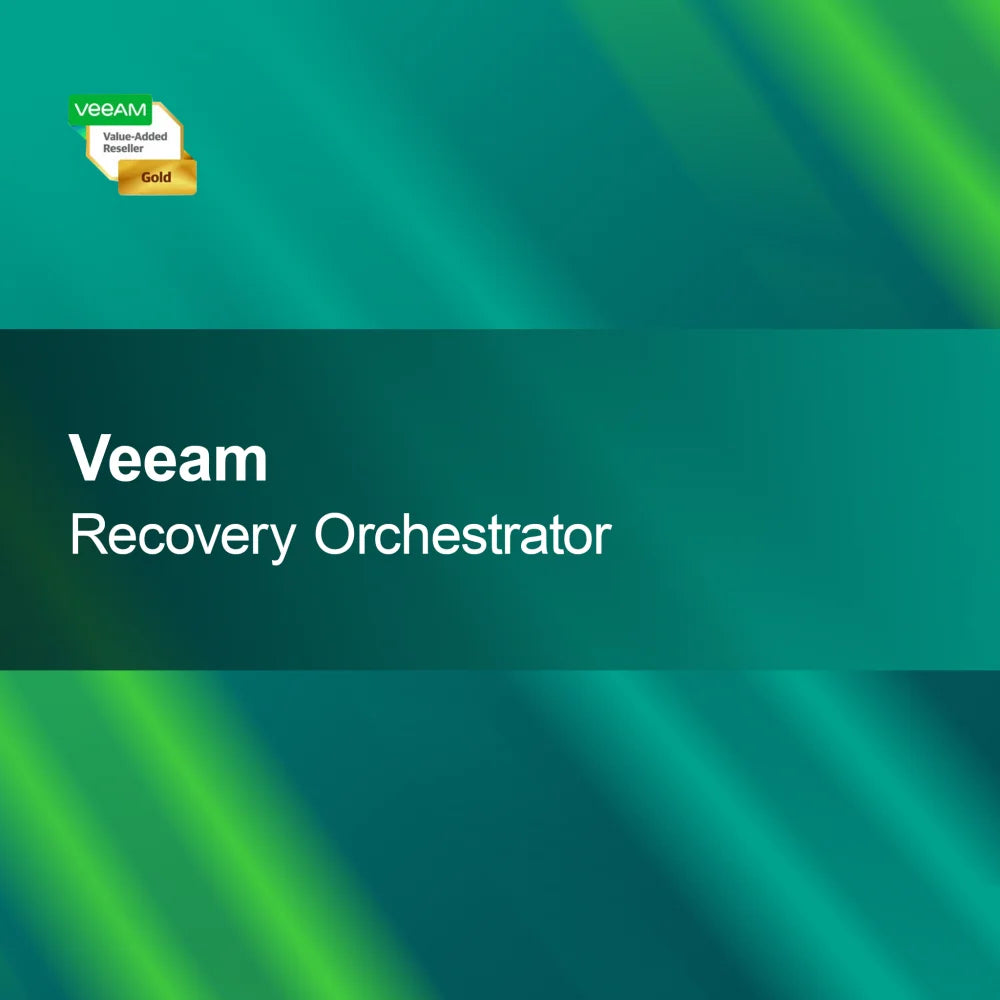-
Jetbrains DataGrip
Regular price From 2,300.00 krSale price From 2,300.00 kr Regular priceUnit price perJetbrains DataGrip With Jetbrains DataGrip, you get a versatile and powerful tool for database development and management. It supports numerous database management systems and enables you...
-
Jetbrains DataGrip
Regular price From 2,300.00 krSale price From 2,300.00 kr Regular priceUnit price per -
Jetbrains JPA Buddy
Regular price 693.00 krSale price 693.00 kr Regular priceUnit price perJetbrains JPA Buddy With Jetbrains JPA Buddy, you can make your JPA application development significantly faster. This handy tool offers an intuitive user interface for easy...
-
Jetbrains Aqua
Regular price 1,749.00 krSale price 1,749.00 kr Regular priceUnit price perJetbrains Aqua With Jetbrains Aqua, you get a modern and powerful development environment specifically designed for creating contemporary applications. Enjoy an intuitive user interface and smart...
-
Jetbrains JetBrains AI Pro
Regular price 2,806.00 krSale price 2,806.00 kr Regular priceUnit price perJetbrains JetBrains AI Pro With Jetbrains AI Pro, you get a modern and powerful development environment that makes your work as a developer significantly more efficient....
-
Jetbrains YouTrack Server
Regular price From 7,460.00 krSale price From 7,460.00 kr Regular priceUnit price perJetbrains YouTrack Server With the license key for Jetbrains YouTrack Server, you get a powerful tool for efficient management of projects and tasks, specifically designed for...
-
Jetbrains dotUltimate
Regular price From 4,709.00 krSale price From 4,709.00 kr Regular priceUnit price perJetBrains dotUltimate With JetBrains dotUltimate, you get a comprehensive package of powerful development tools for the .NET platform. This toolkit combines the best JetBrains IDEs, specifically...
-
Jetbrains WebStorm
Regular price From 1,595.00 krSale price From 1,595.00 kr Regular priceUnit price perJetBrains WebStorm Discover with JetBrains WebStorm a powerful development environment specifically designed for creating modern web applications. Benefit from intelligent code completion, extensive refactoring options, and...
-
Jetbrains Code with me Enterprise
Regular price 5,039.00 krSale price 5,039.00 kr Regular priceUnit price perJetBrains Code With Me Enterprise With JetBrains Code With Me Enterprise, you and your team can collaborate easily and remotely. This powerful platform allows multiple developers...
-
Jetbrains TeamCity Cloud
Regular price 2,245.00 krSale price 2,245.00 kr Regular priceUnit price perJetbrains TeamCity Cloud With Jetbrains TeamCity Cloud, you get a powerful solution for efficiently managing your Continuous Integration and Continuous Deployment processes. The platform impresses with...
-
Jetbrains All Products Pack
Regular price From 7,823.00 krSale price From 7,823.00 kr Regular priceUnit price perJetbrains All Products Pack With the Jetbrains All Products Pack license key, you gain access to an extensive collection of powerful development tools specifically designed for...
-
Jetbrains RustRover
Regular price 3,202.00 krSale price 3,202.00 kr Regular priceUnit price perJetbrains RustRover With Jetbrains RustRover, you get a powerful IDE specifically designed for Rust development that helps you implement your projects more efficiently and productively. Thanks...
Software Development
What is software development and why is it important?
Software development encompasses the entire process of creating software applications, from planning and design to programming and maintenance. It plays a crucial role in today's digital world, as it forms the foundation for many technologies we use daily. Whether for businesses, educational institutions, or private use – well-developed software can increase efficiency and solve problems. Therefore, a solid understanding of software development is important for many industries.
What phases does the software development process include?
The software development process is divided into several phases, including requirements analysis, design, implementation, testing, and maintenance. In requirements analysis, user needs are identified, followed by the design phase, where the software architecture is defined. After programming, testing is conducted to ensure the software functions without errors. Finally, the software is maintained to keep it up to date and respond to new requirements.
What methods are there in software development?
There are various methods in software development that can be used depending on project requirements. The most well-known include the waterfall model, agile methods like Scrum and Kanban, and DevOps. The waterfall model follows a linear approach, while agile methods emphasize flexibility and iterative development. DevOps, on the other hand, promotes collaboration between development and operations to speed up software delivery and improve quality.
Which programming languages are commonly used?
Numerous programming languages are used in software development, each with its own strengths and areas of application. The most common languages include Java, Python, C#, JavaScript, and Ruby. Java is often used for enterprise applications, while Python is popular in data analysis and web development due to its simplicity and versatility. The choice of programming language often depends on the specific requirements of the project.
- Requirements analysis to determine user needs
- Agile methods for flexible and iterative development
- Diverse programming languages for different applications
How is software tested?
Testing software is an essential part of the development process to ensure that the application is error-free and user-friendly. There are various testing methods, including unit tests, integration tests, and system tests. Unit tests check individual components, while integration tests examine the interaction of multiple components. System tests, on the other hand, evaluate the entire application in a realistic environment. A thorough testing phase helps ensure the quality of the software.
How important is software maintenance?
Maintaining software is crucial to ensure its functionality and security over time. After deployment, software applications must be regularly updated to fix bugs, add new features, and close security gaps. A good maintenance strategy ensures that the software meets the changing needs of users and continues to operate efficiently. Neglected maintenance can lead to issues that affect the user experience.
